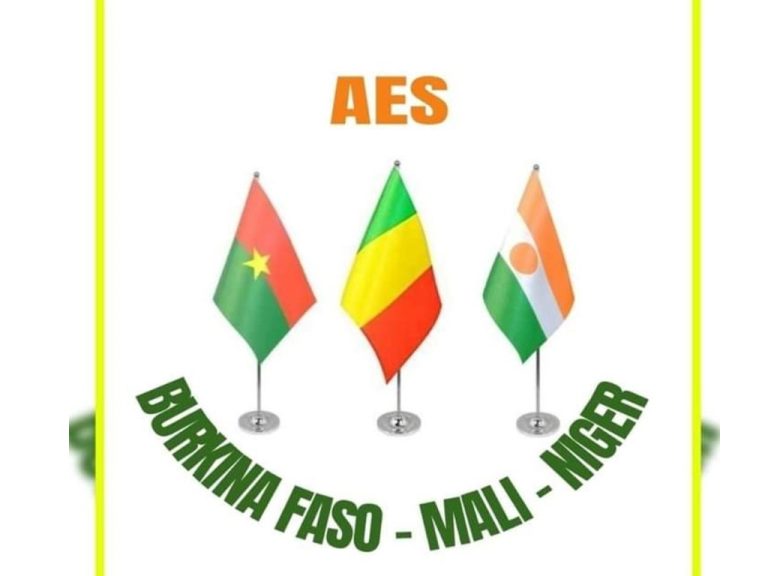In a historic shift aimed at redefining regional cooperation and economic self-determination, Mali, Burkina Faso, and Niger—collectively known as the Alliance of Sahel States (AES)—are accelerating plans for deep economic integration, following their formal withdrawal from ECOWAS earlier this year.
Founded in September 2023 amid growing discontent over regional instability and ECOWAS-imposed sanctions, the AES was initially forged to strengthen security and defense cooperation. Today, it is fast evolving into a full-fledged economic bloc with ambitious integration initiatives underway.
A Break from the Status Quo
After exiting the West African regional body in January 2024, the three Sahelian nations swiftly began implementing policies to strengthen interconnectivity and economic cohesion. Among the first tangible steps: abolishing roaming charges between their territories, developing a shared passport system, and instituting a harmonized 0.5% customs duty on imports from non-member countries.
“This alliance is rooted in sovereignty and inter-state solidarity,” declared officials during a landmark gathering held on May 23 at the Bamako International Conference Centre.
Economic Sovereignty Takes Center Stage
Central to this vision is the creation of the Confederal Bank for Investment and Development (BCID-AE), launched with a substantial initial capital of 500 billion CFA francs. The new financial institution is set to support critical infrastructure and bolster local industrial capacity across the AES region.
“This project is not just a financial move—it’s a political act of sovereignty,” said international economist Magaye Gaye. “It reflects the Sahel states’ desire to finance their own development and reduce dependence on traditional donors.”
Strategic Partnerships & Global Repositioning
Experts stress that to succeed, the AES must now secure committed capital, attract partnerships from global players such as China, BRICS nations, or African sovereign wealth funds, and implement robust governance mechanisms.
“A clear strategic vision, strong expertise, and well-targeted partnerships are essential,” Gaye emphasized.
In parallel, the bloc’s bold stance is prompting a reassessment of how international financial institutions engage with the region.
“These states aren’t seeking isolation,” Gaye noted. “They want to diversify support and strengthen their endogenous economic resources.”
Toward a Common Currency?
Talks are also underway about the possible creation of a common currency for the AES bloc. With the three countries representing 75% of WAEMU’s landmass and half its population, the proposal is gaining traction.
However, Gaye cautioned that “exiting the CFA franc is not enough.” He urged leaders to avoid previous policy missteps and instead build economic strategies focused on harmonized taxation, budget discipline, and trade balance correction.
A New Regional Model Emerges
The AES’s bold experiment in accelerated integration offers a compelling alternative model for regional cooperation—one driven by local priorities and a desire for greater control over national destinies.
Whether the bloc’s vision can be matched by concrete action remains to be seen, but the alliance is undeniably reshaping the geopolitical and economic narrative of the Sahel—and potentially, the wider West African region.
In Brief: Africa’s Economic Hotspots
Nigeria Eyes Tech to Revive Slumping FDI
Foreign direct investment in Nigeria plunged by 65% in Q2 2024, but hope is rising from the tech sector. Companies like Itana are helping foreign firms operate remotely through Nigeria’s first digital special economic zone. Experts say tech-led innovation, combined with Nigeria’s young population and improving port digitalization, could help reverse the economic downturn.
Kenya’s Denim Industry Faces Looming Crisis
Kenya’s denim export sector, employing over 66,000 workers—mainly women—faces collapse if the U.S. does not renew the African Growth and Opportunity Act (AGOA) before its expiry in September. Economists urge a bilateral U.S. deal or market diversification through the AfCFTA, warning that the fate of Ethiopia’s textile industry post-AGOA is a cautionary tale.



